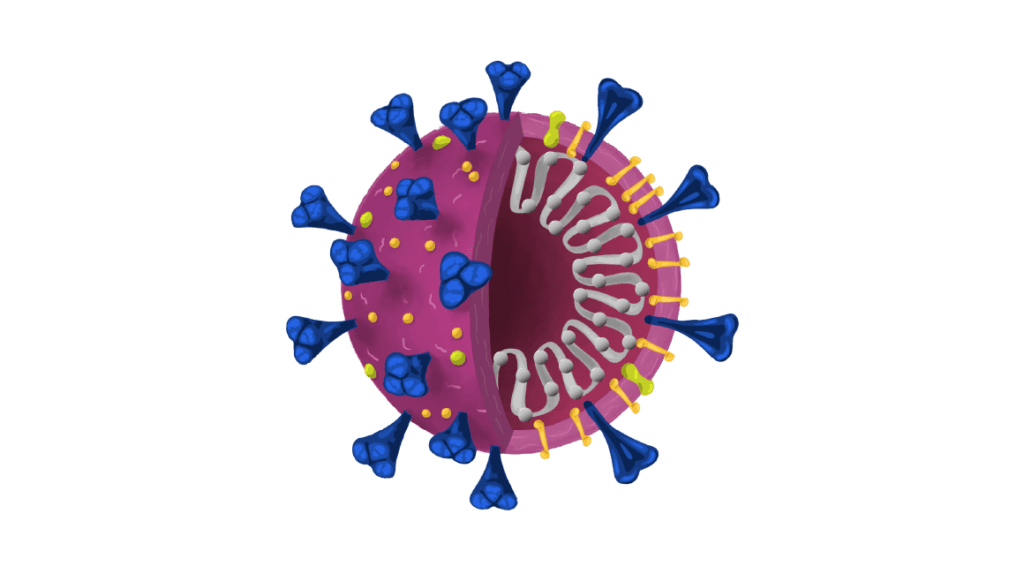 Source: Twin Waters Pharmacy
Source: Twin Waters PharmacyLiving with diabetes can be challenging, but with the right support, it becomes easier to navigate the complexities of this chronic condition. Twin Waters Pharmacy is here to be your trusted partner in diabetes management. Our dedicated team of pharmacists and staff is committed to providing personalized care, reliable resources, and comprehensive services to help you live a healthier life. This blog is the last in our series for Diabetes Week 2023. Let’s explore how Twin Waters Pharmacy can assist you on your diabetes journey.
Expert Medication Guidance
At Twin Waters Pharmacy, we understand that diabetes medications play a crucial role in managing your condition. Our knowledgeable pharmacists are well-versed in the various types of diabetes medications, including oral medications and injectables like insulin. We ensure accurate dispensing of your prescriptions, provide clear instructions on dosage and timing, and address any concerns or questions you may have about your medications. Our goal is to empower you to take your medications effectively and optimize their benefits.
Blood Glucose Monitoring Made Easy
Regular blood glucose monitoring is essential for effective diabetes management. Twin Waters Pharmacy offers a wide selection of blood glucose monitoring supplies, including state-of-the-art glucose meters, test strips, lancets, and control solutions. Our friendly staff will guide you in choosing the right equipment for your needs and provide step-by-step instructions on how to use them correctly. We want to make blood glucose monitoring as simple and convenient as possible, ensuring you have the tools you need for accurate self-monitoring.
Personalized Diabetes Education
Education is key to successfully managing diabetes, and Twin Waters Pharmacy is dedicated to providing personalized education and resources. We offer diabetes education programs led by certified diabetes educators who are passionate about empowering you with knowledge and skills. From understanding the basics of diabetes to learning about healthy eating, physical activity, medication management, and self-care, our programs are designed to meet your specific needs. We’re here to answer your questions, address your concerns, and support you every step of the way.
Medication Adherence Support
Sticking to your prescribed medication regimen is vital for maintaining optimal blood sugar control. Twin Waters Pharmacy offers medication adherence support to help you stay on track. Our pharmacists can synchronize your refill dates, ensuring you have a sufficient supply of medications when you need them. We also provide reminders, counselling, and tools to enhance medication adherence. Our aim is to make managing your medications easier, so you can focus on living your life to the fullest.
Lifestyle Modification Guidance
Lifestyle modifications, including healthy eating and regular exercise, play a significant role in diabetes management. At Twin Waters Pharmacy, we provide guidance and resources to help you make sustainable lifestyle changes. Our team can assist you in developing a balanced and nutritious eating plan tailored to your dietary preferences and needs. We can also provide recommendations for physical activity that align with your fitness level and lifestyle. Our goal is to empower you to make positive lifestyle choices that promote better diabetes control and overall well-being.
Continuous Support and Community
At Twin Waters Pharmacy, we’re more than just a place to pick up medications. We strive to create a supportive and inclusive community for individuals with diabetes. Our staff is always available to answer your questions, offer encouragement, and provide ongoing support. We understand the challenges you may face, and we’re here to listen and provide guidance. Through support groups, educational events, and community initiatives, we aim to foster connections and empower you on your diabetes journey.
We can also provide referral to external programs and support such as those offered by Diabetes Australia.
Conclusion
Managing diabetes is a collaborative effort, and Twin Waters Pharmacy is committed to being your trusted partner in this endeavour. From expert medication guidance and blood glucose monitoring supplies to personalized education, medication adherence support, lifestyle modification guidance, and continuous support, our team is here to help you thrive with diabetes. Visit Twin Waters Pharmacy and experience the care, knowledge, and resources that make a difference in your diabetes management. Together, we can navigate the challenges of diabetes and empower you to live a healthier and happier life.
We can also provide referral to external programs such as those offered by Diabetes Australia.



